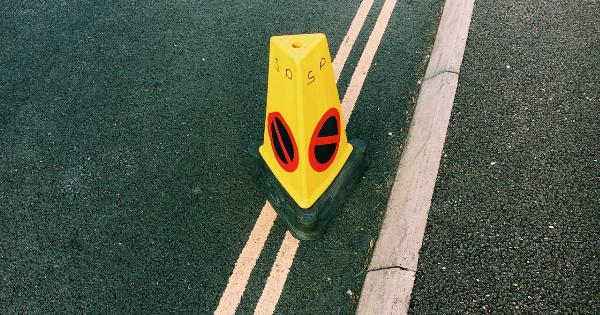Diarrhea is a common digestive problem that can be caused by a wide range of factors, including bacteria, viruses, food intolerances, medications and other digestive disorders.
It is characterized by loose, watery stools that occur more frequently than usual. The condition can be uncomfortable and inconvenient, but it is often manageable with the right diet and lifestyle changes. Several foods can help reduce diarrhea symptoms by replacing lost fluids and nutrients, while others can worsen the condition.
Here we take a closer look at how to manage diarrhea with your diet.
1. Stay Hydrated
When you have diarrhea, your body loses a lot of fluids and electrolytes, which can lead to dehydration. Drinking plenty of fluids is one of the most important things you can do to manage the condition.
Water is the best option, but other fluids such as coconut water, herbal tea, clear broths, and electrolyte drinks can also be helpful.
2. Incorporate Probiotic Foods
Probiotics are beneficial bacteria that live in your gut and help keep it healthy. Research shows that taking probiotics can help reduce the duration and severity of diarrhea caused by infectious agents.
Foods that are high in probiotics include yogurt, kefir, kimchi, sauerkraut, and kombucha.
3. Avoid Certain Foods
Some foods can irritate your gut and make diarrhea worse. Such foods include spicy or fatty foods, alcohol, caffeine, high fiber foods, and artificial sweeteners. Eating these foods in moderation or avoiding them altogether can help reduce symptoms.
4. Eat Binding Foods
Binding foods are those that contain starch and have a low fiber content. They help to solidify loose stools and reduce diarrhea symptoms. Examples of binding foods include bananas, white rice, and toast.
You can also eat porridge, boiled vegetables, and pasta made with white flour.
5. Consume Bone Broth
Bone broth is rich in electrolytes like potassium and sodium, which can help replace lost fluids and help reduce diarrhea dehydration symptoms.
Furthermore, bone broth is rich in amino acids that can help to calm digestive inflammation and reduce diarrhea severity. Boil bones with some chopped onions and spices, and then consume the broth after straining it.
6. Stay Away from Milk and Dairy Products
Milk and dairy products like cheese, ice cream, and yogurt can worsen diarrhea symptoms in people who are lactose intolerant. Such foods should be avoided or consumed in small amounts if necessary.
You can also try lactose-free dairy products or non-dairy alternatives like soy milk, almond milk, or coconut milk.
7. Consume Water-Rich Foods
Fruits and vegetables that are high in water can help to keep you hydrated while adding fiber to your diet. They can also help to prevent constipation, which can lead to diarrhea.
Some examples of water-rich foods include watermelon, cucumber, zucchini, grapes, and oral rehydration solutions. .
8. Try Electrolyte Beverages
Electrolyte beverages are drinks that contain a mix of electrolytes like sodium, magnesium, and potassium. These beverages can help to replace fluids and essential minerals that your body loses during diarrhea.
Therefore, you can get pre-made electrolyte solutions from the grocery store or make your own at home.
9. Cook Food Thoroughly
Eating contaminated foods like raw meats and poultry, raw eggs, or unpasteurized dairy products can cause diarrhea. Therefore, you should cook food thoroughly to kill any germs and bacteria that may cause diarrhea.
If food is overcooked, dry, or lacking in flavor, try adding herbs, mild spices, or ginger to make it more appealing while being safe for your digestive system.
10. Avoid Overeating
Eating too much food can overload your digestive system and worsen diarrhea symptoms. Therefore, try consuming small, frequent meals throughout the day rather than three large meals.
This can help to ease digestion, prevent bloating, and reduce the risk of diarrhea.
Conclusion
Diarrhea is a common digestive problem that can be uncomfortable and inconvenient. However, managing it is possible with the right diet and lifestyle changes.
Incorporating water-rich foods, probiotics, bone broth, binding foods, and electrolyte beverages, while avoiding irritating foods, overeating, and contaminated foods, can have a significant impact on diarrhea symptoms. If your diarrhea doesn’t go away after a few days or is accompanied by other symptoms such as fever or severe abdominal pain, see your doctor.































